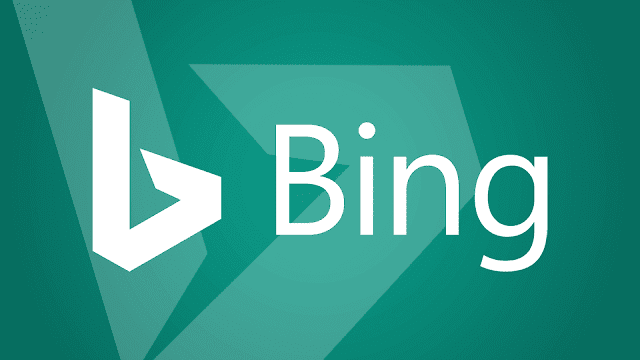Bing's Surprising Triumph: How Microsoft's Search Engine Conquered China and Turned the Search Market Upside Down
There have been numerous optimists who predicted the arrival of the "Year of Linux on the desktop." However, the exact timing of that day remains uncertain. Nevertheless, nobody could have imagined a "Year of the Bing" in their wildest dreams. Microsoft's search engine has long been considered an afterthought in the realm of search. Microsoft itself shares some of the blame for this perception, as even searches related to its own products often yield better results on Google than on Bing.
However, things took a drastic turn late last year with the introduction of ChatGPT and its subsequent integration into Microsoft's Bing Search Engine. The conversational API was an instant hit, propelling Bing and ChatGPT into the spotlight. Google was caught off-guard by this surprise reception and quickly launched its own competitor, Bard. Unfortunately, Bard was not fully developed, and its launch was botched, resulting in a highly negative response to Google's efforts.
Google still undeniably maintains a stranglehold on the search market. However, we may be on the brink of an "iPhone era" in the search paradigm, where the conversational API could have a transformative impact on search, like the iPhone's influence on the smartphone market.
In a groundbreaking development, Microsoft Bing has emerged as China's leading desktop search engine, surpassing its long-standing competitor, Baidu. Recent data from StatCounter reveals that in April 2023, Bing captured an impressive market share of 37.4%, marking a significant milestone for the search engine industry.
The remarkable rise of Bing exemplifies the dynamic and fiercely competitive nature of the search engine market. Major players are constantly striving to innovate and provide enhanced search experiences for users, with artificial intelligence (AI) playing a pivotal role in their efforts.
A key contributing factor to Bing's success lies in its deep integration with various Microsoft products and services. As Microsoft's fourth prominent product line, Bing has established close ties with Windows, Office, and Xbox. This seamless integration has allowed Bing to gain substantial exposure and reach a wide user base in China, ultimately contributing to its increased market share.
Microsoft has consistently invested in enhancing Bing's capabilities by integrating the latest technologies. Notably, Bing's search engine now operates on GPT-4, the cutting-edge language model developed by OpenAI. This integration of advanced AI technologies has further elevated Bing's performance, enabling it to deliver more accurate and intelligent search results.
In light of Bing's ascent, Baidu's market share has declined to 27.01%, signaling a shift in the search engine landscape. Other prominent players following Bing and Baidu include Sogou with a market share of 16.36%, Yandex with 7.45%, Haosou with 6.25%, and Google with 5.2%, respectively.
Whether this will be an isolated occurrence, or a harbinger of a global ripple effect remains to be seen. However, one thing is certain: Bing is back, and Microsoft is back. If Bing continues to leverage its conversational prowess, it could become a more relevant player than Google. Let's keep our fingers crossed and see how things unfold.
Sources:
StatCounter
via
Neowin




Comments
Post a Comment